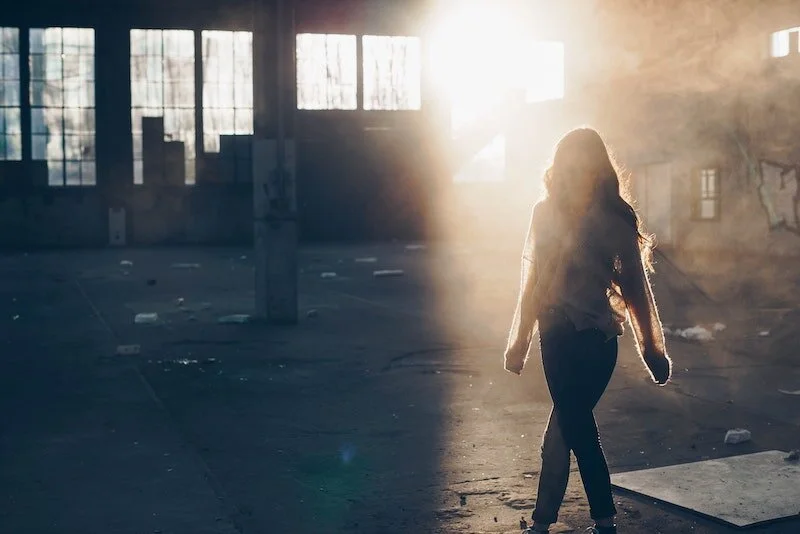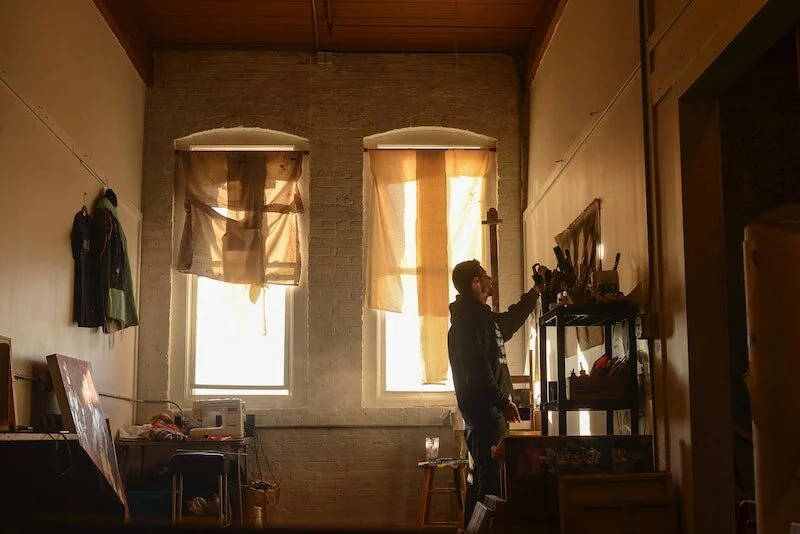One of the questions we are frequently asked about our Property Guardian protection services is ‘What is the difference between a property guardian and a tenant?’
Although there are lots of similarities between tenants and guardians, their roles couldn’t be more different. To start with, a professional Property Guardian has a duty and responsibility to protect and care for your property, in a way that a tenant does not.
In this article, we’re here to clear up the confusion and explain the key differences between property guardians and tenants, in simple terms.
Firstly, what is Property Guardianship?
As opposed to a tenant who pays rent to the landlord and in return receives short to long term, accommodation. A property guardian lives on-site in their capacity to provide empty property protection, and in return, they receive subsidised rent.
Photo by Joseph DeFrancisco on Unsplash
This model of guardian protection targets two birds with one stone. The landlord or property manager can rest easy knowing their vacant property is protected and looked after 24 hours a day. And the professional property guardians can enjoy the financial benefits of paying cheaper rent to live in prime locations. (Plus, the local community also benefits, but you can read more about that here.)
If you’d like to know more about how our guardian protection service works, and how it could help you to protect your property in an affordable way, then you can read more here. Or get in touch today for a chat with our expert team.
The 4 Key Differences Between Property Guardians & Tenants
1. Lease vs Licence
First and foremost, a property guardian does not sign a traditional lease, but rather is licensed to occupy the property in their capacity as guardian of our client’s asset.
Our guardians understand that Blue Door Property Guardians is not a Letting Agent or landlord offering traditional tenancy agreements, but a professional guardian company offering a contracted licence for a non-exclusive living space at one of our managed properties.
2. A Property Guardians Role
Traditional tenants are obliged to pay rent and maintain the condition of the property, but they have no responsibility to protect the property from harm. Whereas Property Guardians also play an active role in protecting and securing the property.
The licence agreement undertaken by a property guardian stipulates exactly what their role as guardian of a specific property entails. Which, as standard, includes a responsibility to take care of and protect the asset.
Photo by Alex Ronsdorf on Unsplash
3. Duration
A traditional residential lease has a set duration, anything from 6 months to a year or more. However, a property guardianship licence has no set period.
At Blue Door Property Guardians, our guardians understand that we protect properties until our clients are ready to use them again. Once our clients indicate that they wish to take the property back, we give our guardians a 28-day notice period in which to move out. Guardians are aware that we will always try to offer them accommodation in one of our other locations, but that we can’t guarantee it.
4. Access to Property
While a landlord needs a tenant’s permission to enter a property, our clients are able to access their buildings at any point—we just ask you to give us a call one day ahead of your visit, so we can have someone there to welcome you.
Blue Door Property Guardians also conducts regular inspections of the property to ensure that the building is well cared for, and that building security measures are being adhered to. We undertake regular checks of important health and safety fittings, like fire alarms and extinguishers, so landlords can rest easy.
The flexibility of our guardian protective services is what sets guardianship apart from tenancy - making the scheme a fantastic way to effectively, and affordably, protect your vacant property. If you would like to know more you can get in touch for a chat about our policies at Blue Door, or you can register your property and we will call you back within 24 hours.



